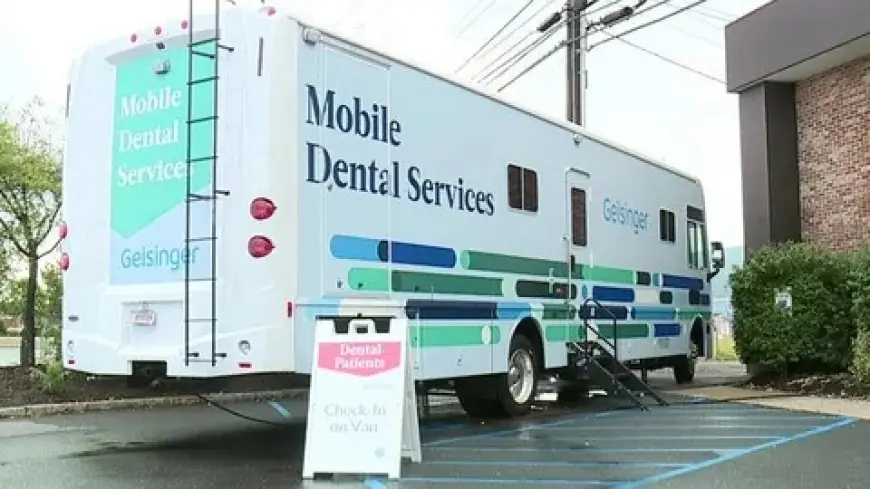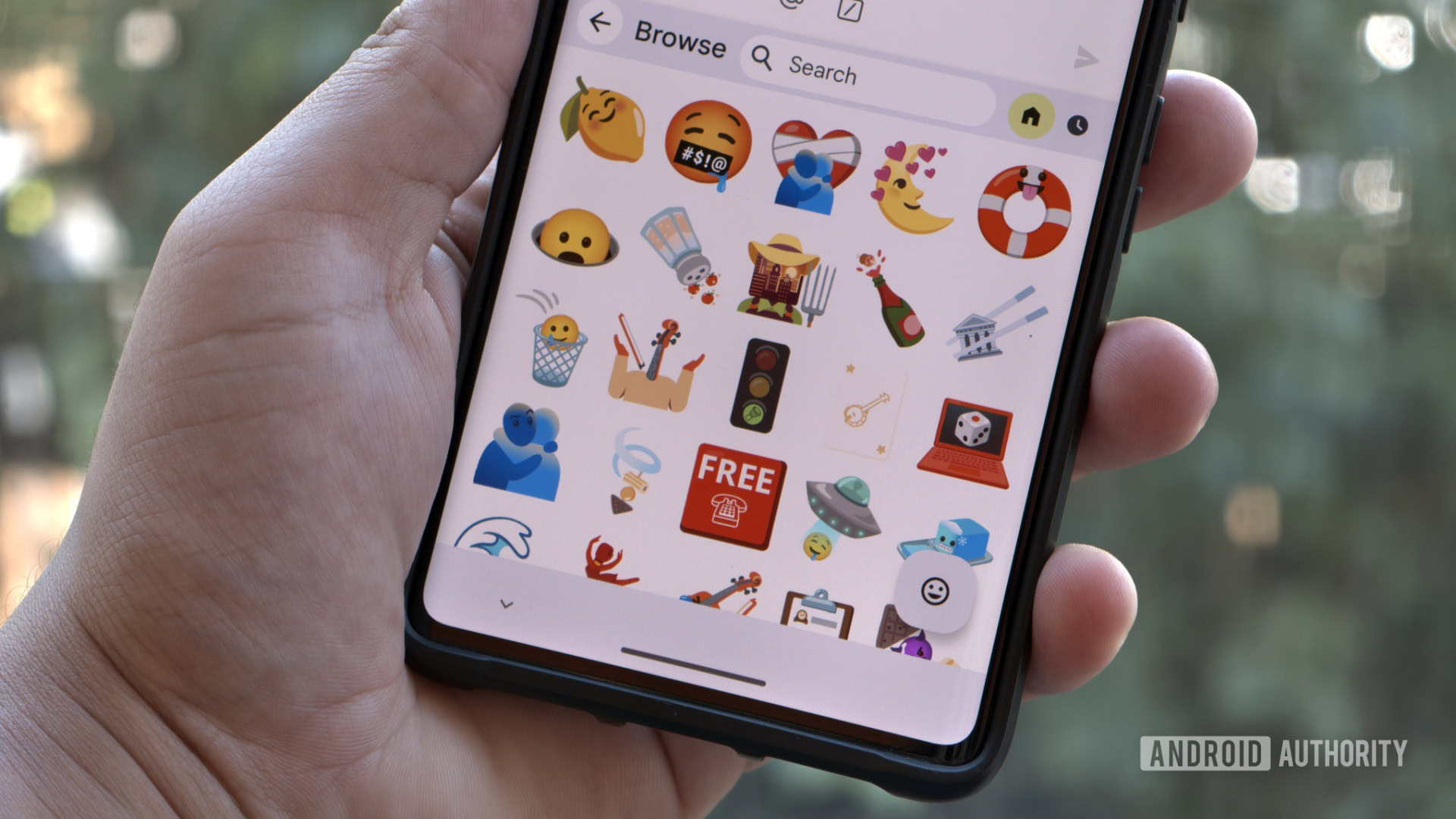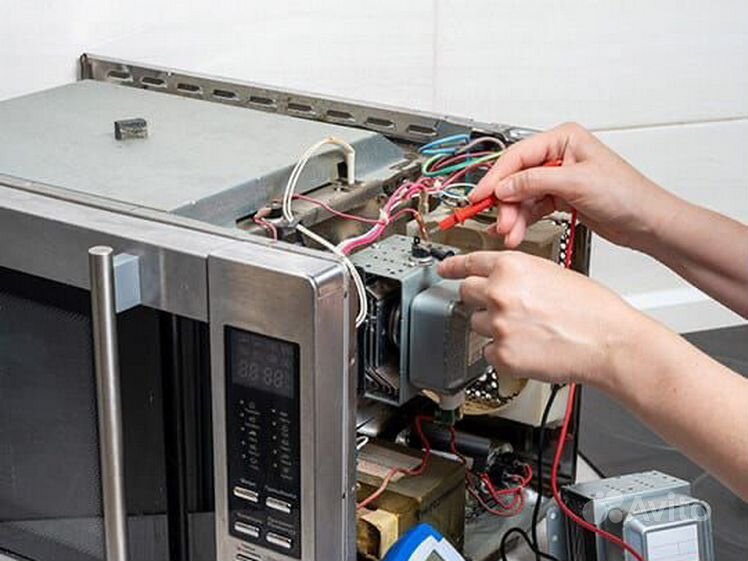Understanding Tooth Pain After a Root Canal: The Role of a Dental Van in Providing Relief

Undergoing a root canal treatment can be a life-changing procedure for many people suffering from severe tooth pain. However, it’s not uncommon for patients to experience discomfort or pain even years after the procedure. The reasons behind this pain can vary, and understanding why it happens is key to finding a solution. Additionally, with advancements in dental care, patients can now benefit from the convenience of a dental van, a mobile dental service that brings expert care directly to their doorstep. In this article, we will explore why a root canal tooth may hurt after years and how a dental van can help address these concerns.
Why Is My Root Canal Tooth Hurting After Years?
A root canal is generally performed to relieve the pain caused by an infected or damaged tooth pulp. The procedure involves removing the damaged tissue from inside the tooth, cleaning the area, and then sealing it to prevent further infection. After a root canal, most patients experience relief from their previous discomfort. However, there are instances when pain returns months or even years later. There are several possible reasons why this might happen.
-
Reinfection of the Tooth:
One of the primary reasons why a tooth may hurt after a root canal is reinfection. Though the goal of a root canal is to remove the infected pulp and seal the tooth, sometimes bacteria can re-enter the tooth. This reinfection can occur if there were any missed canals or cracks in the tooth that were not adequately treated during the initial procedure. When bacteria invade the sealed area, the infection can cause renewed pain, swelling, and tenderness.
-
Damage to the Tooth After the Procedure:
Another possibility is that the tooth has sustained damage after the root canal. If the tooth has been used for chewing hard foods or has experienced trauma, such as a fall or an accident, it may cause pain. A root canal-treated tooth is often more brittle than a healthy tooth, which increases its susceptibility to fractures. These cracks or fractures can lead to discomfort or even infection if bacteria enter the tooth.
-
Changes in the Bone Around the Tooth:
Over time, changes in the bone surrounding the root canal-treated tooth can lead to pain. The healing process following a root canal may involve inflammation, and the surrounding bone tissue may take longer to adapt. If the bone fails to heal properly, the tooth may become sensitive again. This is more common if the tooth was severely damaged or infected before the root canal treatment.
-
Problems with the Tooth’s Filling or Crown:
After a root canal, a filling or crown is usually placed to restore the tooth’s function and appearance. If this restoration becomes loose, damaged, or deteriorates over time, it can cause pain. Without the protection of a proper crown or filling, the treated tooth becomes vulnerable to new infections or additional damage, leading to discomfort.
-
Nerve Damage:
In some cases, nerve damage caused during the root canal procedure can lead to pain years later. If the nerves surrounding the tooth were inadvertently affected during treatment, they might cause persistent or recurring discomfort. Though this is rare, it is a possible reason for pain after a root canal.
The Role of a Dental Van in Addressing Root Canal Issues:
For those who experience persistent pain or discomfort after a root canal, accessing timely dental care is essential. This is where a dental van can be a game-changer. A dental van is a mobile dental clinic that brings essential dental care directly to patients' homes or workplaces. These mobile clinics are equipped with modern dental technology and staffed by experienced professionals, offering services such as routine checkups, emergency care, and specialized treatments like root canal follow-ups.
If you're experiencing pain after a root canal, a dental van can provide several benefits:
-
Convenience and Accessibility:
For patients with mobility issues, busy schedules, or those living in remote areas, a dental van can be a convenient solution. Instead of traveling to a clinic, patients can receive care in the comfort of their own home. This makes it easier for individuals to seek immediate relief and get the treatment they need without the hassle of long commutes or wait times at a traditional dentist's office.
-
Comprehensive Diagnosis and Treatment:
Dental vans are equipped to handle a wide range of dental issues, including those related to root canal complications. Experienced dentists can perform a thorough examination of the tooth in question, take X-rays, and determine whether reinfection, a cracked filling, or another issue is causing the pain. If necessary, follow-up treatments such as root canal re-treatment or the placement of a new crown can be performed to resolve the issue.
-
Emergency Dental Care:
Sometimes, pain after a root canal can indicate an emergency situation, such as an abscess or severe infection. Dental vans are equipped to address urgent dental care needs and can provide immediate relief. In many cases, a dental van can help prevent the need for a visit to the emergency room by addressing the issue quickly and efficiently.
-
Affordable Care:
Dental vans often offer more affordable care compared to traditional clinics. Since they operate with fewer overhead costs, mobile dental clinics can pass those savings onto their patients. This makes it easier for individuals to get the care they need without worrying about the cost. For many people, especially those without insurance or those on a tight budget, a dental van can be a cost-effective option for dental care.
How to Prevent Pain After a Root Canal:
While a dental van can offer effective solutions for dealing with pain after a root canal, prevention is always the best approach. Here are a few tips to help prevent pain and complications after a root canal:
-
Practice Good Oral Hygiene:
Maintaining proper oral hygiene is essential in preventing infections and ensuring the longevity of your root canal. Brush your teeth at least twice a day, floss daily, and use an antibacterial mouthwash to reduce the risk of reinfection.
-
Follow Your Dentist’s Instructions:
After a root canal, your dentist may give you specific instructions regarding what to eat, how to care for the tooth, and when to come back for follow-up appointments. Adhering to these instructions helps ensure the healing process goes smoothly and can reduce the risk of complications.
-
Avoid Hard Foods:
To avoid damaging your root canal-treated tooth, it’s important to avoid chewing on hard foods or objects. Eating soft foods and avoiding excessive pressure on the tooth can help preserve the restoration and prevent fractures.
Conclusion:
Experiencing pain after a root canal can be frustrating, but it’s important to understand that there are various reasons why this might occur. Whether it’s due to reinfection, trauma, or issues with the restoration, timely diagnosis and treatment are key to resolving the issue. For those seeking convenient and affordable care, a dental van can provide the necessary expertise to address root canal complications and ensure continued oral health. With proper care and regular check-ups, you can reduce the likelihood of experiencing pain after a root canal and maintain a healthy smile for years to come.
What's Your Reaction?
 Like
0
Like
0
 Dislike
0
Dislike
0
 Love
0
Love
0
 Funny
0
Funny
0
 Angry
0
Angry
0
 Sad
0
Sad
0
 Wow
0
Wow
0














































